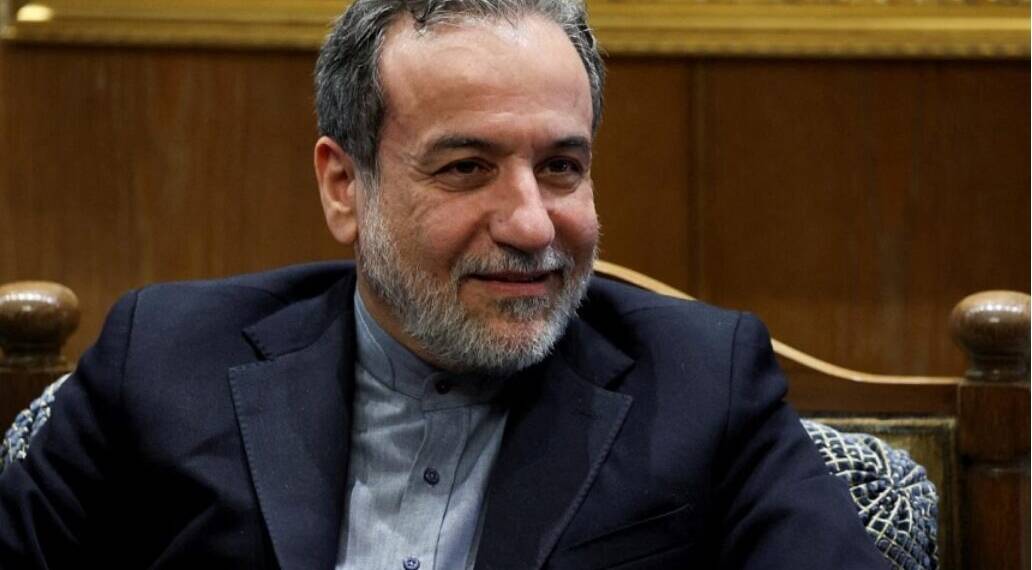Israel is panicking! The reason? An earthquake. Not a usual one but one that could shake regional power balance in West Asia. Iran witnessed a quake on Oct 5 that raised some eyebrows in Gulf nations as well as Tel Aviv. The location of the seismic activity made people link it to Iran’s nuclear programme and ask if the Islamic country was close to getting its own nuclear weapon.
Some handles on X have also shared graphs, showing how the seismic activity corresponds to a temblor associated with nuclear tests. The quake came days after Iran launched massive missile barrage on Israel. The Jewish nation has since vowed to take revenge and threatened to attack key strategic sites.
So, in the face of the heightened tensions, has Iran activated its nuclear module? The Heritage Foundation on October 1 said that “Iran can produce nuclear weapons far more rapidly than expected.”
It quoted a senior lawmaker from Iran as saying that there was only a “one-week gap from the issuance of the order to the first test” of a nuclear bomb. That remark was made in April. There is no doubt that Iran’s nuclear programme is in advanced stages.
Since the US withdrawal from the Joint Comprehensive Plan of Action (JCPOA) in 2018, Iran has progressively ramped up its uranium enrichment efforts. Now, with reports indicating that the country has enriched uranium well beyond the agreed limits.
This has raised concerns in Israel. Following the speculations of a nuclear test by Iran, the administration of PM Benjamin Netanyahu has seemingly dropped the idea of attacks on Iran’s nuclear sites.
A New York Times report said that Israel is instead likely to focus on military bases or intelligence targets.
Former Israeli Prime Minister Ehud Barak has himself argued that a strike on Iranian nuclear facilities might not be much of a setback as its programme was too far advanced.
Now, that’s a problem, not just for Israel but also for Gulf states, like Saudi Arabia. Saudi Arabia has long maintained that its arch-rival Iran should never get nukes, otherwise Riyadh will pursue its own nuclear programme.
Tensions between Saudi Arabia and Iran are already high as several hardliners in Tehran have accused Riyadh of merely being a spectator to the Israeli war in Gaza.
To cool down tensions, Iran’s Foreign Minister Abbas Araghchi embarked on a regional tour, including Saudi Arabia, starting Oct 8.
Earlier, the supreme leader of Iran, Ayatollah Khamenei, had called upon all Islamic nations to come together and join forces against US and other western powers in the US.
Khamenei said, “We have to tighten the belt of defense… from Afghanistan to Yemen, Iran to Gaza and Lebanon, in all Islamic countries. That’s the first issue I wanted to discuss.”
But Saudis may not like to buy that argument, given Iran’s full backing to Houthi fighters in Yemen. Just last month, Turki al-Faisal, a former Saudi intelligence chief and diplomat, expressed the kingdom’s disappointment at the way Iran has been helping the Houthis.
Faisal claimed that by continuing to interfere in Arab states such as Lebanon, Syria, Iraq and Yemen, as well as in Palestine, Tehran had not fulfilled its side of the diplomatic bargain struck between Iran and Saudi Arabia in China two years ago.
So, the situation in West Asia is quite tense. While Israel is worried over alleged Iranian nuclear test, Iran is also worried over increasing tensions with Arab states. Clouds of confusion are hovering over Tehran and Tel Aviv.








